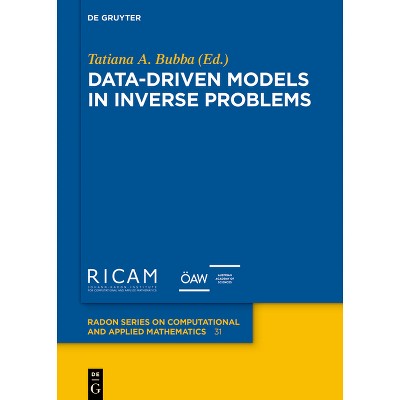Sponsored

Problems for Moral Debunkers - by Peter Königs (Paperback)
In Stock
Sponsored
About this item
Highlights
- One the most interesting debates in moral philosophy revolves around the significance of empirical moral psychology for moral philosophy.
- About the Author: Peter Königs, RWTH Aachen University, Aachen.
- 154 Pages
- Philosophy, Epistemology
Description
About the Book
8410410132981111111073210112097109105110101115321161041013211510510311010510210599971109910132111102321011091121051141059997108321091111149710832112115121991041111081111031213210211111432109111114971083211210410510811111511111210412146327311611532Book Synopsis
One the most interesting debates in moral philosophy revolves around the significance of empirical moral psychology for moral philosophy. Genealogical arguments that rely on empirical findings about the origins of moral beliefs, so-called debunking arguments, take center stage in this debate. Looking at debunking arguments based on evidence from evolutionary moral psychology, experimental ethics and neuroscience, this book explores what ethicists can learn from the science of morality, and what they cannot.
Among other things, the book offers a new take on the deontology/utilitarianism debate, discusses the usefulness of experiments in ethics, investigates whether morality should be thought of as a problem-solving device, shows how debunking arguments can tell us something about the structure of philosophical debate, and argues that debunking arguments lead to both moral and prudential skepticism.
Presenting a new picture of the relationship between empirical moral psychology and moral philosophy, this book is essential reading for moral philosophers and moral psychologists alike.
About the Author
Peter Königs, RWTH Aachen University, Aachen.
Shipping details
Return details
Frequently bought together

Trending Philosophy
















